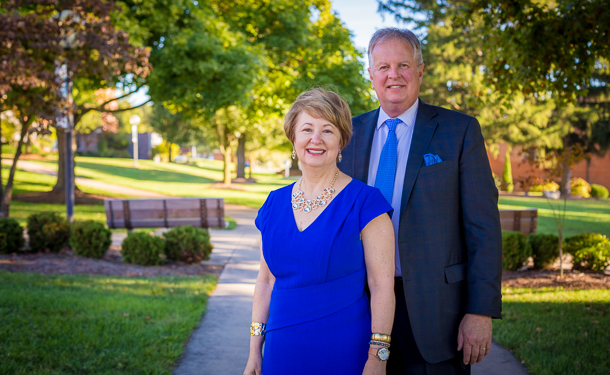The words “fear not” or “do not be afraid” appear many times in the Bible. One such reference is found in Luke 2:10-11, perhaps the most often read passage of the New Testament at Christmas celebrations:
But the angel said to them, “Do not be afraid; for see—I am bringing you good news of great joy for all the people: to you is born this day in the city of David a Savior, who is the Messiah, the Lord.
It is difficult to remember an Advent season tainted with more fear than the current year. It is palpable. I was asked in a recent television interview about the prevalence of fear in our society. What should people do about their fears? How should we respond to the threats we perceive to be real? It was tempting to respond somewhat flippantly, “Perhaps we should recommend watching less television!”
Counselors would remind us that feelings and emotions (such as fear) are neither right nor wrong, they “just are.” What one does with feelings and emotions is the more important question. One can argue, with good reason, that many of our fears are illogical and frequently irrational. Statistically, driving to an airport is much more dangerous than flying commercially, but some are more afraid of flying.
Ignoring our fears, or those of others, is not healthy, but being paralyzed by fear can also be unhealthy. It is not good for the individual, for the society, nor for our faith communities. At best it is debilitating; at worst it is dangerous, and it undermines the very faith commitments we claim to hold.
The Good News of Jesus’ birth is, among many other things, a message of liberation from fear. It is a clarion call to “there is another way.” It signals a new era, ushering in a new expression of God’s Kingdom “coming on earth as it is in heaven.”
The really Good News is that while Jesus came as a “stranger,” an immigrant of sorts, as a vulnerable baby—he demonstrated by his life and teachings that we who follow him are invited to live with joy and freedom. Do not be afraid!
